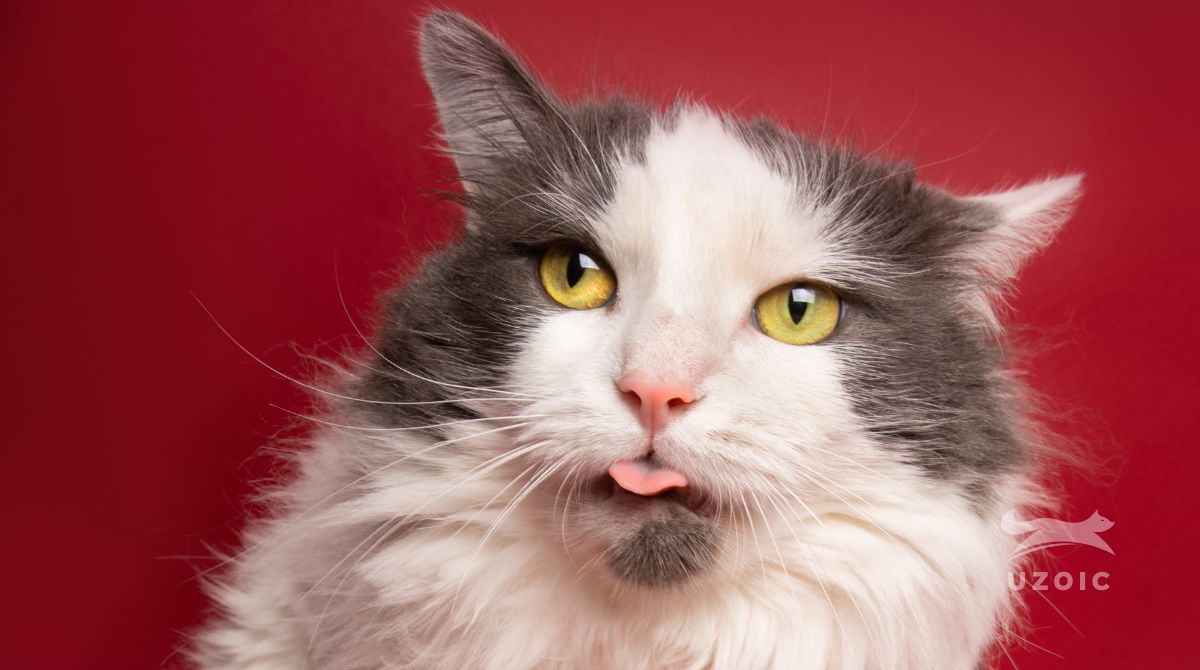As a cat owner, seeing your feline friend vomit can be worrying. While occasional vomiting might not be a cause for alarm, frequent instances can indicate underlying issues, one of which is stress. This blog post explores the often-overlooked link between stress and vomiting in cats, offering insights and advice for concerned pet owners.
The Nature of Stress in Cats
Cats, much like humans, experience stress. This can stem from various sources like changes in their environment, conflict with other pets, or even alterations in their daily routine. Understanding that cats are creatures of habit and highly territorial is key to recognizing when they might be under stress.
Common Causes of Stress in Cats
- Environmental Changes: Moving to a new house, rearranging furniture, or even the presence of a new pet can unsettle a cat.
- Routine Disruptions: Cats thrive on routine. Changes in feeding times or litter box locations can be stressful.
- Social Stress: Introduction to new pets or family members, or conflict with existing pets, can cause anxiety.
- Health Issues: Illness or pain can lead to stress, which in turn can cause more vomiting.
Vomiting in Cats: Normal vs. Concerning
It’s important to differentiate between normal and concerning vomiting. Hairballs or the occasional upset stomach are normal, but frequent or chronic vomiting can be a sign of a deeper issue, including stress.
How Stress Causes Vomiting in Cats
Stress can trigger a cascade of physiological changes in cats. It can lead to increased acid production in the stomach, changes in gut motility, and even influence food intake, all of which can result in vomiting.
Symptoms of Stress in Cats
Apart from vomiting, stressed cats may exhibit:
- Changes in Eating Habits: Eating too much, too little, or even refusing food.
- Behavioral Changes: Increased hiding, aggression, or lethargy.
- Physical Signs: Overgrooming, changes in litter box habits, or signs of anxiety like panting or pacing.
Diagnosing Stress-Related Vomiting
When you notice frequent vomiting, it’s important to consult a veterinarian. They may perform tests to rule out medical causes and consider the possibility of stress as a factor.
Managing Stress in Cats to Reduce Vomiting
- Create a Calm Environment: Ensure your cat has a quiet, safe space to retreat to.
- Maintain Routine: Keep feeding times, litter box cleaning, and playtimes consistent.
- Introduce Changes Gradually: When changes are necessary, introduce them slowly.
- Provide Stimulation: Toys, scratching posts, and regular playtime can help reduce stress.
- Consider Multi-Cat Dynamics: Ensure each cat has their own resources like food bowls and litter boxes.
- Veterinary Intervention: In some cases, vets might recommend medications or supplements to help manage stress.
Natural Remedies and Therapies
Alongside environmental management, some natural remedies and therapies can help:
- Pheromone Diffusers: These mimic natural cat pheromones and can help create a calming environment.
- CBD Oil for Cats: Some owners find CBD oil effective in managing stress, but it’s essential to consult a vet first.
- Dietary Adjustments: Special diets formulated for sensitive stomachs can also help.
The Importance of Mental Health in Cats
Understanding that cats can experience stress and mental health issues is crucial. Their emotional well-being directly impacts their physical health.
When to Seek Professional Help
If you’ve made changes and your cat is still vomiting frequently, it’s time to seek professional help. This could be an indication of a more serious health issue.
Case Studies and Success Stories
There are numerous instances where addressing a cat’s stress led to a reduction in vomiting and improved overall health. Sharing success stories can be a source of comfort and guidance for cat owners facing similar issues.
FAQs
- How quickly can stress affect a cat’s stomach? Stress can have an immediate effect, but sometimes the symptoms might appear gradually.
- Can stress in cats be completely eliminated? It’s not always possible to eliminate stress entirely, but it can often be managed effectively.
- Is vomiting the only sign of stress in cats? No, vomiting is just one possible symptom. Behavioral and physical changes are also common indicators.
Conclusion
Understanding the link between stress and vomiting in cats is vital for their well-being. As a cat owner, being aware of the signs of stress and knowing how to address them can make a significant difference in your cat’s quality of life. Always consult with a veterinarian if you’re concerned about your cat’s health and remember that a calm, stable environment is key to a happy, healthy cat.
References
- International Cat Care: Feline Stress and Health
- The American Society for the Prevention of Cruelty to Animals (ASPCA): Cat Care


